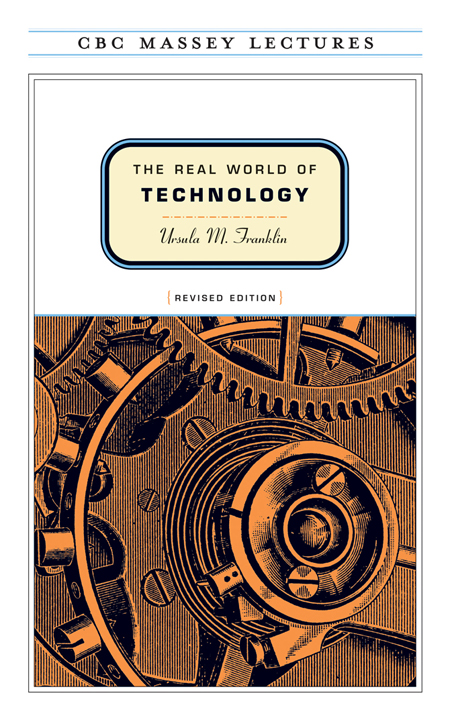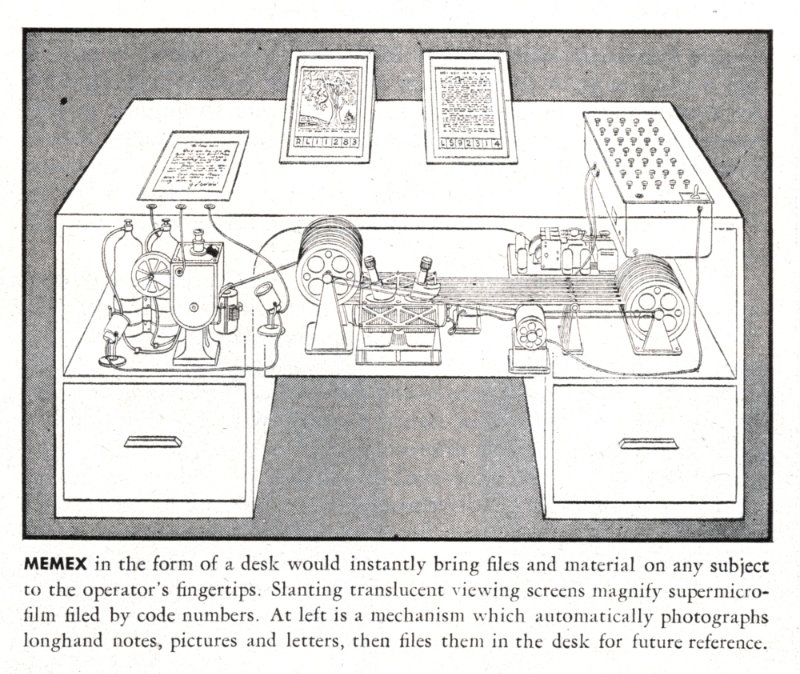Alondra Nelson (ed.): Afrofuturism: A Special Issue of Social Text (2002)
Filed under journal | Tags: · africa, afrofuturism, art, diaspora, internet, literature, music, poetry, posthuman, race, science fiction, subjectivity, technology

The issue guest edited and introduced by Alondra Nelson explores futurist themes, sci-fi imagery, and technological innovation in African diasporic culture. Contributors approach this under-explored theme from a variety of angles: as a novel frame of reference for visual culture; as fiction of the near-future; as poetry; as new forms of black subjectivity; as new narratives about the digital revolution; and as the imagining of future directions in African diasporic studies. Alexander G. Weheliye rethinks the category of the posthuman. Ron Eglash historicizes the nerd, while Anna Everett shows how the African diaspora prefigures the Internet. Kali Tal explores the utopian vision of black militant near-future fiction, whose heir apparent, Nalo Hopkinson, is interviewed by Alondra Nelson. The esthetic possibilities of this project are evident in poetry by Tracie Morris, and the images of Tana Hargest and Fatimah Tuggar.
Social Text 71, Summer 2002
146 pages
PDF (15 MB)
Comment (0)Ursula Franklin: The Real World of Technology (1990–)
Filed under book | Tags: · labour, machine, society, technology, time

“In her 1989 CBC Massey Lectures, renowned scientist and humanitarian Ursula M. Franklin examines the social and political effects of technology. For her, technology is much more than machines, gadgets or electronic transmitters. It is a comprehensive system that includes methods, procedures, organization, “and most of all, a mindset”. She distinguishes between holistic technologies used by craft workers or artisans and prescriptive ones associated with a division of labour in large-scale production. Holistic technologies allow artisans to control their own work from start to finish. Prescriptive technologies organize work as a sequence of steps requiring supervision by bosses or managers. Franklin argues that the dominance of prescriptive technologies in modern society discourages critical thinking and promotes “a culture of compliance”.
The revised edition features four added chapters, in which Franklin tackles issues such as the dilution of privacy and intellectual property rights, the impact of the current technology on government and governance, the shift from consumer capitalism to investment capitalism, and the influence of the Internet upon the craft of writing.
Franklin acknowledges her intellectual debt to Jacques Ellul, Lewis Mumford, C.B. Macpherson, E. F. Schumacher and Vandana Shiva, among others.”
Publisher CBC Enterprises, Montréal, 1990
ISBN 0887943756
132 pages
Revised edition
Publisher House of Anansi Press, Toronto, 1999
ISBN 088784636X, 9780887846366
xii+209 pages
via seasounds, in the Unlimited Edition
Publisher (1999)
WorldCat (1999)
PDF (1990, 4 MB, added on 2021-2-27)
EPUB (rev.ed., 1999)
Audio recording
James Nyce, Paul Kahn (eds.): From Memex to Hypertext: Vannevar Bush and the Mind’s Machine (1991)
Filed under book | Tags: · book, computing, history of computing, history of technology, hypertext, reading, technology, writing
“Vannevar Bush, the engineer who designed the world’s most powerful analog computer, envisioned the development of a new kind of computing machine he called Memex. For many computer and information scientists, Bush’s Memex has been the prototype for a machine to help people think.
This volume, which the editors have divided into sections on the creation, extension, and legacy of the Memex, combines seven essays by Bush with eleven others by others that set his ideas within a variety of contexts. The essays by Bush range chronologically from the early “The Inscrutable Thirties” (1933), “Memorandum Regarding Memex” (1941), and “As We May Think” (1945), to “Memex II” (1959), “Science Pauses” (1967), “Memex Revisited” (1967), and a passage from “Of Inventions and Inventors” (1970). Bush’s essays are surrounded by four chapters that place his changing plans for the Memex within his career and within information technology before digital computing.”
Contributors include Larry Owens, Colin Burke, Douglas C. Engelbart, Theodor H. Nelson, Linda C. Smith, Norman Meyrowitz, Tim Oren, Gregory Crane, and Randall H. Trigg.
Publisher Academic Press, San Diego and London, 1991
ISBN 0125232705, 9780125232708
367 pages
via Marcell Mars, in the Unlimited Edition
Memex animation (1995)
Review (George P. Landow, The Journal of Computing in Higher Education, 1992)
Review (Matthew Wall, College & Research Libraries, 1992)
Review (Liam Murray, ReCALL, 1993)


